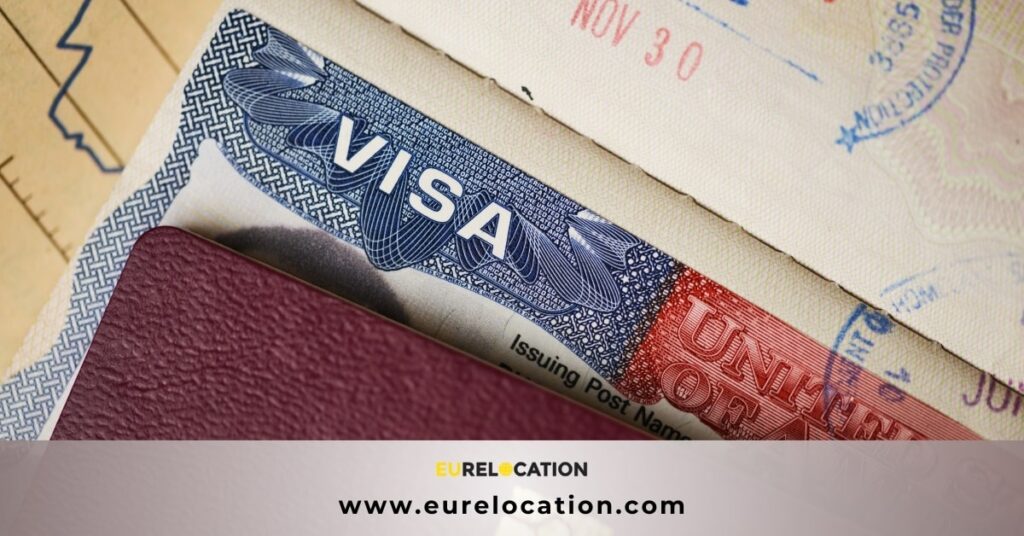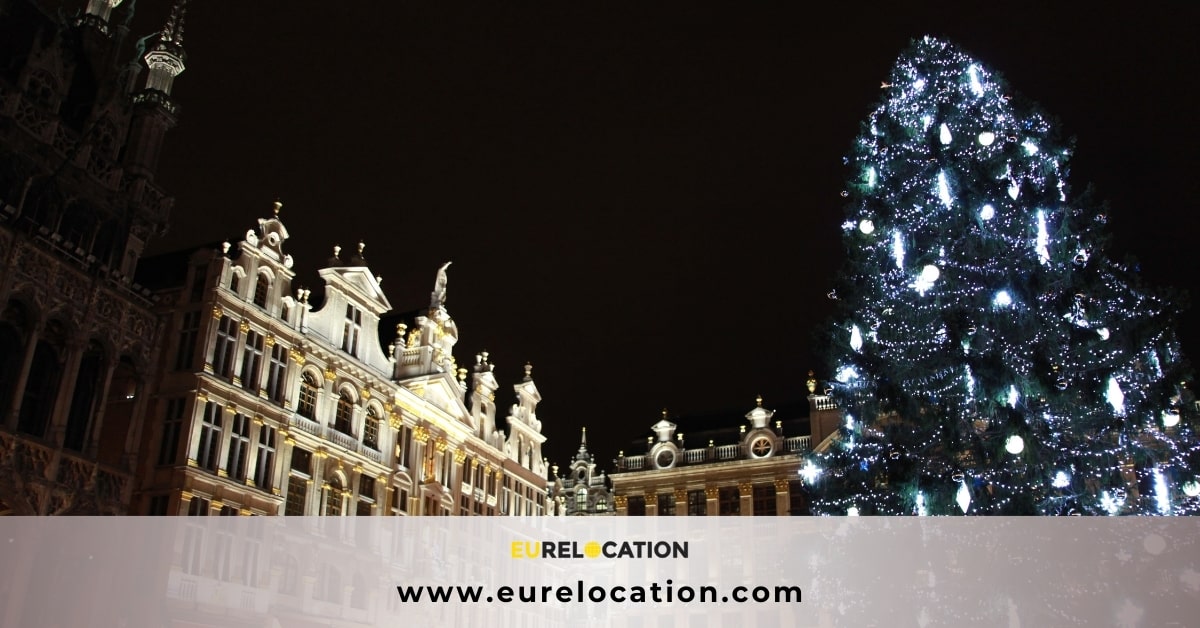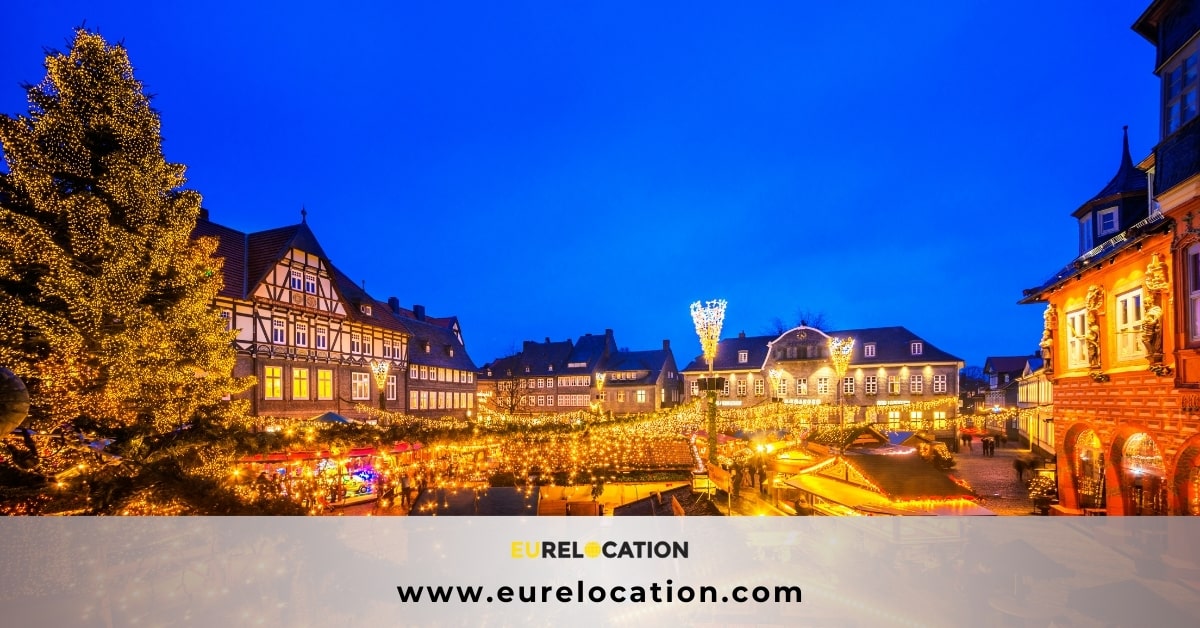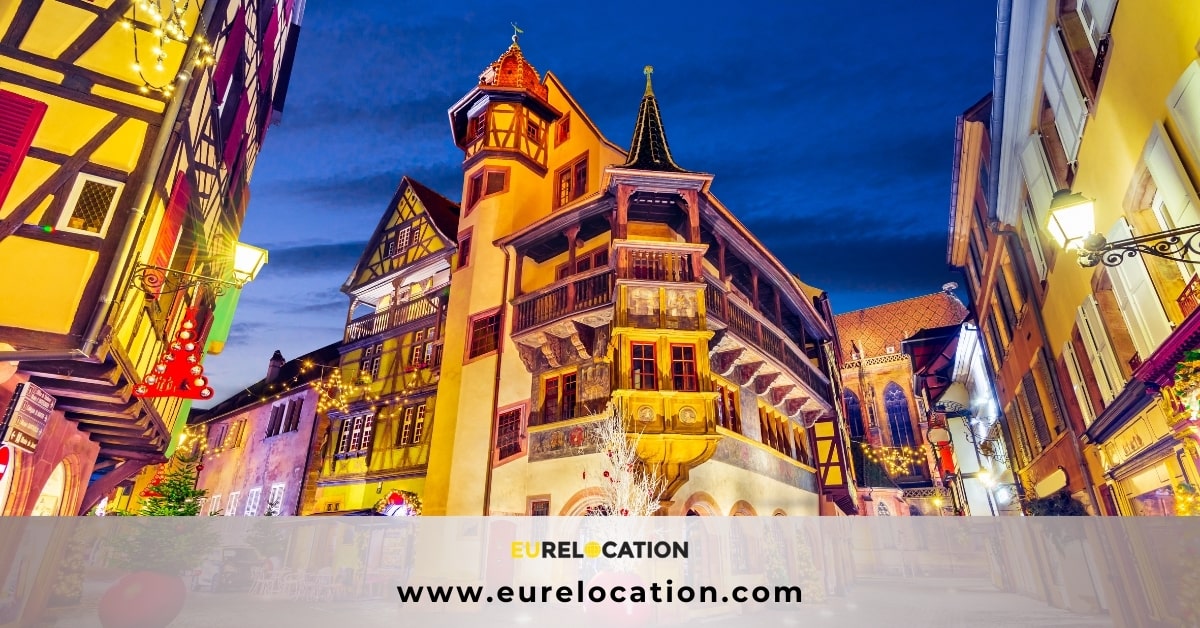Living in Europe is a dream for many people. With its rich history, diverse cultures, and beautiful landscapes, Europe attracts millions of visitors every year. If you want to make Europe your home, you need to understand European visas and residency permits. This guide will help you learn about the EU Residence Permit, its benefits, and how to get one.
What is an EU Residence Permit?
An EU Residence Permit lets non-EU citizens live and work in a European Union country. If you plan to stay in Europe for more than three months, you will need this permit. It allows you to live, work, and use public services in your chosen country. Each EU country has its own rules, so make sure to check the specific requirements for the country you are interested in.
Types of EU Residence Permits
Temporary Residence Permit
A Temporary Residence Permit is for a short period, usually one to five years. It’s perfect for students, short-term workers, and people who want to stay temporarily. You can renew it if you meet the requirements and follow the local laws.
Permanent Residence Permit
A Permanent Residence Permit lets you live in an EU country indefinitely. You usually need to live in the host country for around five years and meet certain conditions like having a stable income, health insurance, and language skills. Permanent residents enjoy many rights similar to citizens, such as accessing social services and the job market.
Long-term Residence Permit (EU Blue Card)
The EU Blue Card is for highly skilled workers from non-EU countries. It allows you to live and work in most EU countries (except Denmark and Ireland). The Blue Card is valid for up to four years and can be renewed. To qualify, you need a valid work contract, meet salary requirements, and have higher education qualifications or professional experience.
How to Apply for an EU Residence Permit
Step 1: Research Requirements
First, research the specific requirements of the country where you want to live. Each country has its own rules, so check the official government websites for the latest information.
Step 2: Gather Necessary Documents
Start collecting the necessary documents. Commonly required items include:
- Valid passport
- Proof of financial stability (bank statements, employment contracts)
- Health insurance coverage
- Proof of accommodation (rental agreement, property ownership)
- Background checks (criminal record certificate)
- Passport-sized photos
- Application form
Step 3: Submit Your Application
Submit your application with all required documents to the immigration office or consulate. Some countries allow online applications, while others need you to apply in person. Be ready to pay a processing fee, which varies by country and type of permit.
Step 4: Attend an Interview
You might need to attend an interview. An immigration officer will review your application and ask questions to verify your intentions and eligibility. Be honest and clear in your responses.
Step 5: Wait for Approval
The processing time varies by country and permit type. It can take from a few weeks to several months. Once approved, you will get your residence permit, which you must carry with you at all times.
Benefits of Having an EU Residence Permit
Freedom of Movement
An EU Residence Permit allows you to travel freely within the Schengen Area without needing additional visas. This makes it easy to explore other European countries during your stay.
Access to Services
Residence permit holders can access public services like healthcare, education, and social benefits, ensuring a high quality of life.
Employment Opportunities
An EU Residence Permit allows you to work in the host country, opening up many job opportunities. Some permits, like the EU Blue Card, even let you work in multiple EU countries.
Path to Citizenship
A residence permit can be the first step towards obtaining citizenship in an EU country. After meeting certain residency requirements, you may apply for naturalization and become a full citizen.
Challenges and Considerations
While there are many benefits to having an EU Residence Permit, there are also challenges:
Bureaucratic Procedures
The application process can be complex and time-consuming. Be ready to deal with various bureaucratic steps and provide extensive documentation.
Language Barriers
Living in a foreign country often means dealing with language barriers. Learning the local language can help you integrate better and make daily life easier.
Cost of Living
The cost of living in some European countries can be high, especially in major cities. Plan your finances to ensure a comfortable stay.
FAQs About EU Residence Permits
What is the difference between a residence permit and a visa?
A visa lets you enter and stay in a country for a short period, usually up to 90 days. A residence permit allows you to live and work in the country for a longer time, often several years.
Can I apply for a residence permit while in the EU on a tourist visa?
It depends on the country’s rules. Some countries allow you to apply for a residence permit while on a tourist visa, while others require you to apply from your home country.
How long does it take to get an EU Residence Permit?
Processing times vary by country and type of permit. It can take from a few weeks to several months. Check the specific timelines for the country you are applying to.
Can I work in other EU countries with my residence permit?
Certain permits, like the EU Blue Card, allow you to work in multiple EU countries. However, most residence permits are specific to the host country. You may need to apply for additional permits to work in other countries.
Do I need to renew my residence permit?
Yes, most residence permits need to be renewed periodically. Check the validity period of your permit and start the renewal process early to avoid any issues.
Can my family join me if I have an EU Residence Permit?
Yes, many EU countries offer family reunification programs that allow your spouse, children, and sometimes other family members to join you. The process and requirements vary by country.
Conclusion
Getting an EU Residence Permit is a big step towards living and working in Europe. Whether you want temporary residency, permanent residency, or a specialized permit like the EU Blue Card, understanding the requirements and processes is crucial. Follow the steps in this guide and stay informed about the specific criteria of your desired host country to make your dream of living in Europe a reality. Embrace the opportunities and challenges that come with your new life in the EU and enjoy the rich cultural experiences that await you.









